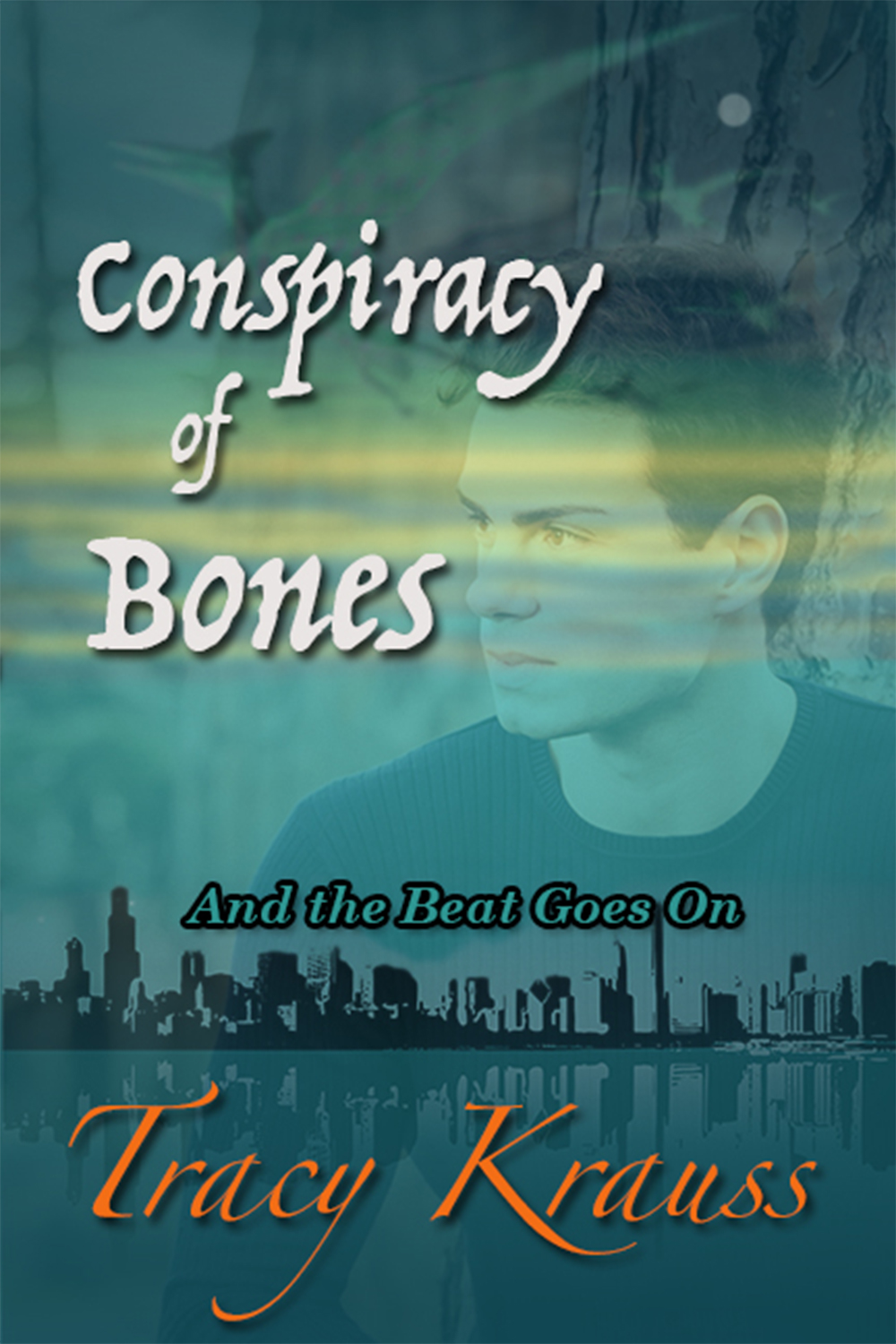
Get your free copy of this award winning book.
This past weekend marked the celebration of Rosh HaShanah – otherwise known as The Feast of Trumpets. I blogged briefly about it before, but thought I’d share a bit more in today’s post, including why it is significant.
Rosh HaShanah is the Jewish ‘head of the year’ or new year, even though it is the beginning of the seventh month. This can be a difficult concept. How can the new year begin in the seventh month? There are reasons that go beyond the scope of this post, but from a Jewish mindset, it makes sense since seven is the number of God–a number of completion and perfection. Jews also believe this day to be the beginning of creation.
The shofar is blown to herald in the new year. Also called the Feast of Trumpets, these blasts are a call to spiritual awakening–a ‘wake up’ call for us to get our spiritual houses in order. It is a call to preparation as well as to victory, since trumpet blasts were a call to arms in times of war. Trumpet blasts also signaled an assembly and heralded the arrival of the king. Prophetically, these trumpet blasts mirror Christ’s second coming, reminding us that He will keep His promise to return for the elect.
This special first fruits celebration is a time to allow God to infiltrate our senses and fill us with new revelation for the month ahead. In traditional Rosh HaShanah services, a specific pattern of blasts is followed because each sound has special meaning. It is a day steeped in tradition and significance. The shofar itself, made from a ram’s horn, points to Abraham’s obedience when God asked him to sacrifice Isaac, but then provided a ram instead.
On Rosh HaShanah we are to make a spiritual shift, heralded in by the blast of the shofar, but it is just the first in a series of fall feasts. The days following are called ‘Days of Awe’ when we are to seek God before the holiest day, the ‘Day of Atonement’, or Yom Kippur. Yom Kippur is a sober day of reflection leading to ultimate restoration, followed by the celebratory ‘Feast of Booths’–a beautiful picture of how God chose to ‘tabernacle’ with us by coming to earth in human form.
There is so much to explore and celebrate this month that it is difficult for those of us who are not used to these traditions to fully grasp it all or even fit everything in! Rest in knowing that the entire month of Tishrei is a time to seek God’s glory afresh.
Numbers 29: 1–6: On the first day of the seventh month you shall have a holy convocation. You shall not do any ordinary work. It is a day for you to blow the trumpets, and you shall offer a burnt offering, for a pleasing aroma to the Lord: one bull from the herd, one ram, seven male lambs a year old without blemish; also their grain offering of fine flour mixed with oil, three-tenths of an ephah for the bull, two tenths for the ram, and one-tenth for each of the seven lambs; with one male goat for a sin offering, to make atonement for you; besides the burnt offering of the new moon, and its grain offering, and the regular burnt offering and its grain offering, and their drink offering, according to the rule for them, for a pleasing aroma, a food offering to the Lord. (ESV)
1 Corinthians 15: 50–57: Now I say this, brethren, that flesh and blood cannot inherit the kingdom of God; nor does the perishable inherit the imperishable. Behold, I tell you a mystery; we will not all sleep, but we will all be changed, in a moment, in the twinkling of an eye, at the last trumpet; for the trumpet will sound, and the dead will be raised imperishable, and we will be changed. For this perishable must put on the imperishable, and this mortal must put on immortality. But when this perishable will have put on the imperishable, and this mortal will have put on immortality, then will come about the saying that is written, “Death is swallowed up in victory. Oh death where is your victory? Oh death, where is your sting?” The sting of death is sin, and the power of sin is the law; but thanks be to God, who gives us the victory through our Lord Jesus Christ. (NASB)
Matthew 24: 31: And He will send out His angels with a loud trumpet call, and they will gather His elect from the four winds, from one end of heaven to the other. (ESV)
 This is just a sampling of the kinds of teaching about God’s calendar you will find in DIVINE APPOINTMENTS: DAILY DEVOTIONALS BASED ON GOD’S CALENDAR. Why not check it out for yourself? Available in one complete ebook or as separate “seasonal” volumes.
This is just a sampling of the kinds of teaching about God’s calendar you will find in DIVINE APPOINTMENTS: DAILY DEVOTIONALS BASED ON GOD’S CALENDAR. Why not check it out for yourself? Available in one complete ebook or as separate “seasonal” volumes.
I love the rituals of Purim and Epiphany and this is the first time that I have heard of the celebration of Rosh HaShanah. Thank you for sharing what you know about the significant markers in the Jewish calendar. What a blessing!
You’re welcome! I love these celebrations!